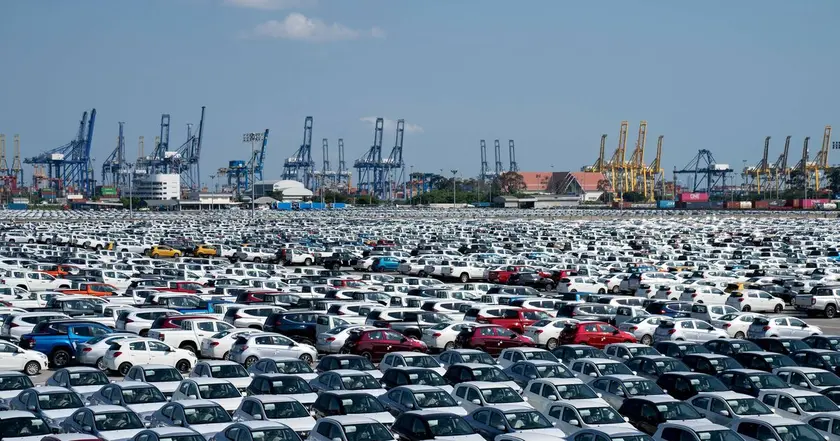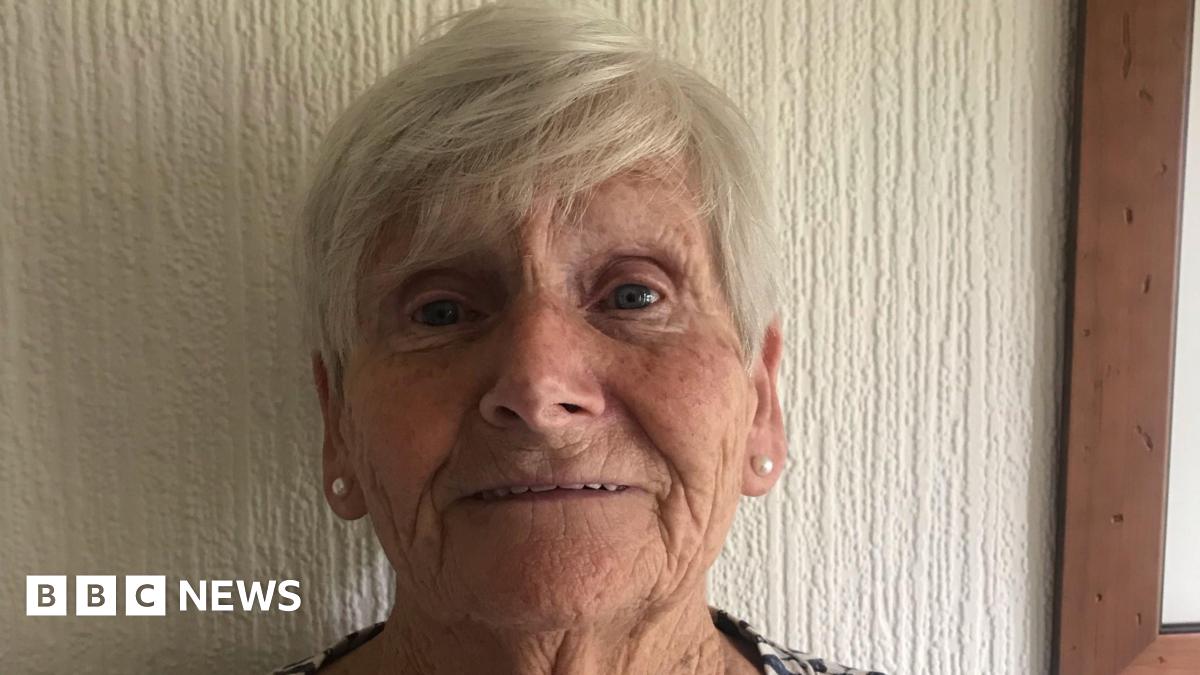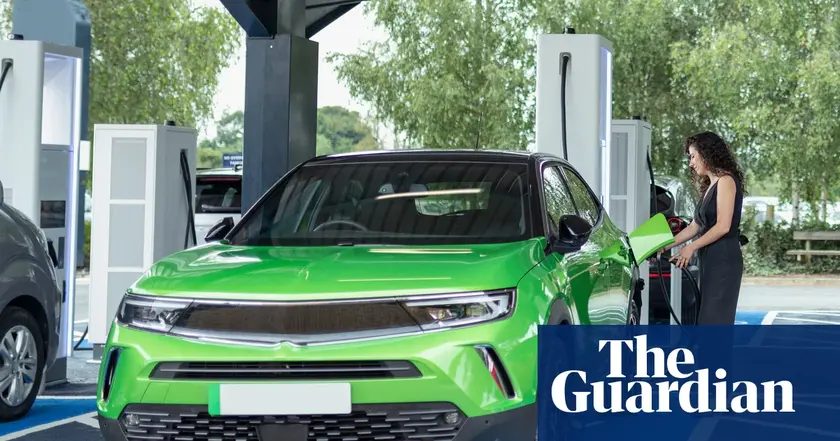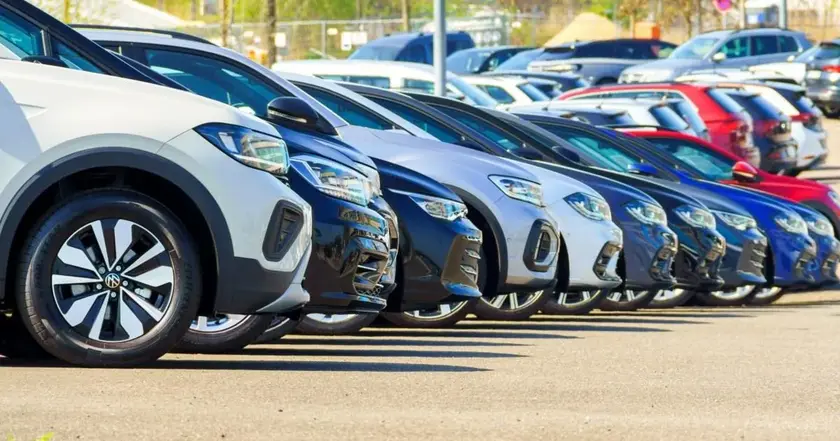T4K3.news
Citroen airbag recall affects 120 000 UK drivers
A Stop-Drive order for C3 and DS3 models with Takata airbags has left thousands unable to drive while repairs are carried out.

A Stop-Drive order for Citroen C3 and DS3 models with Takata airbags has left hundreds of thousands of drivers unable to operate their cars, triggering questions about compensation and support.
Citroen airbag recall leaves 120,000 UK drivers unable to drive
A global recall of Takata airbags has led Citroen to issue a Stop-Drive order for C3 and DS3 cars built between 2009 and 2019, including 120,000 UK customers. Repairs are free, but waiting times are unclear and some owners face long delays before their cars can be safely used again. Which? has criticized Citroen for a slow response and a chaotic process, urging a clearer compensation plan and better mobility options for affected drivers. The Department for Transport says it is monitoring the situation and working with manufacturers to minimize disruption.
The impact goes beyond the car itself. Families relying on their vehicles for hospital visits, caregiving, and daily routines report being stranded or forced to pay out large sums for alternatives like taxis or hires. Stellantis says it will provide transport on a case by case basis and has allowed the Peugeot network to help with airbag replacements, including at-home options. Some owners report conflicting guidance from insurers and dealers, adding to the sense of uncertainty.
Key Takeaways
"This recall leaves families without reliable transport at a time of hospital visits"
Editorial note on impact on vulnerable drivers
"Lack of clarity over compensation is causing major upheaval for owners relying on their cars"
Which? critique of support schemes
"The company is prioritising urgent cases and expanding repair capacity across networks"
Citroen statement on operations
"The safety of drivers remains the Transport Secretary’s top priority"
Department for Transport reassurance
This episode highlights how safety recalls intersect with everyday life and consumer protection. When millions of dollars in repairs and replacements are involved, speed matters, but so does clarity. Brands must communicate timelines, eligibility, and compensation with empathy and precision, not silence. Public watchdogs will scrutinize whether the process protects vulnerable drivers who cannot easily absorb disruption, and policymakers may push for stronger guarantees around mobility during recalls. The balance between rapid fixes and reliable support will shape consumer trust in the automotive sector for years to come.
Highlights
- Stranded drivers face high hire costs while a fix waits
- Clear compensation is the real test of a responsible recall
- Urgent action means real options for mobility during repairs
- Safety fixes must come with practical support not just promises
Public backlash over safety recall and compensation
The recall raises concerns about how quickly drivers can be supported and paid back for mobility costs, with potential political and budget implications.
If the industry learns to couple safety fixes with practical support, trust can rebound quickly.
Enjoyed this? Let your friends know!
Related News

Stop-drive recall affects 120k UK drivers

Citroen recall leaves drivers unable to drive

UK electric car grant reshapes EV buying

Vaccine injury spurs class action

Cost considerations for campervan owners in the UK

UK EV grant update

Supreme Court rules against car finance motorists

Recall of 192,000 toy kitchens after child's death
